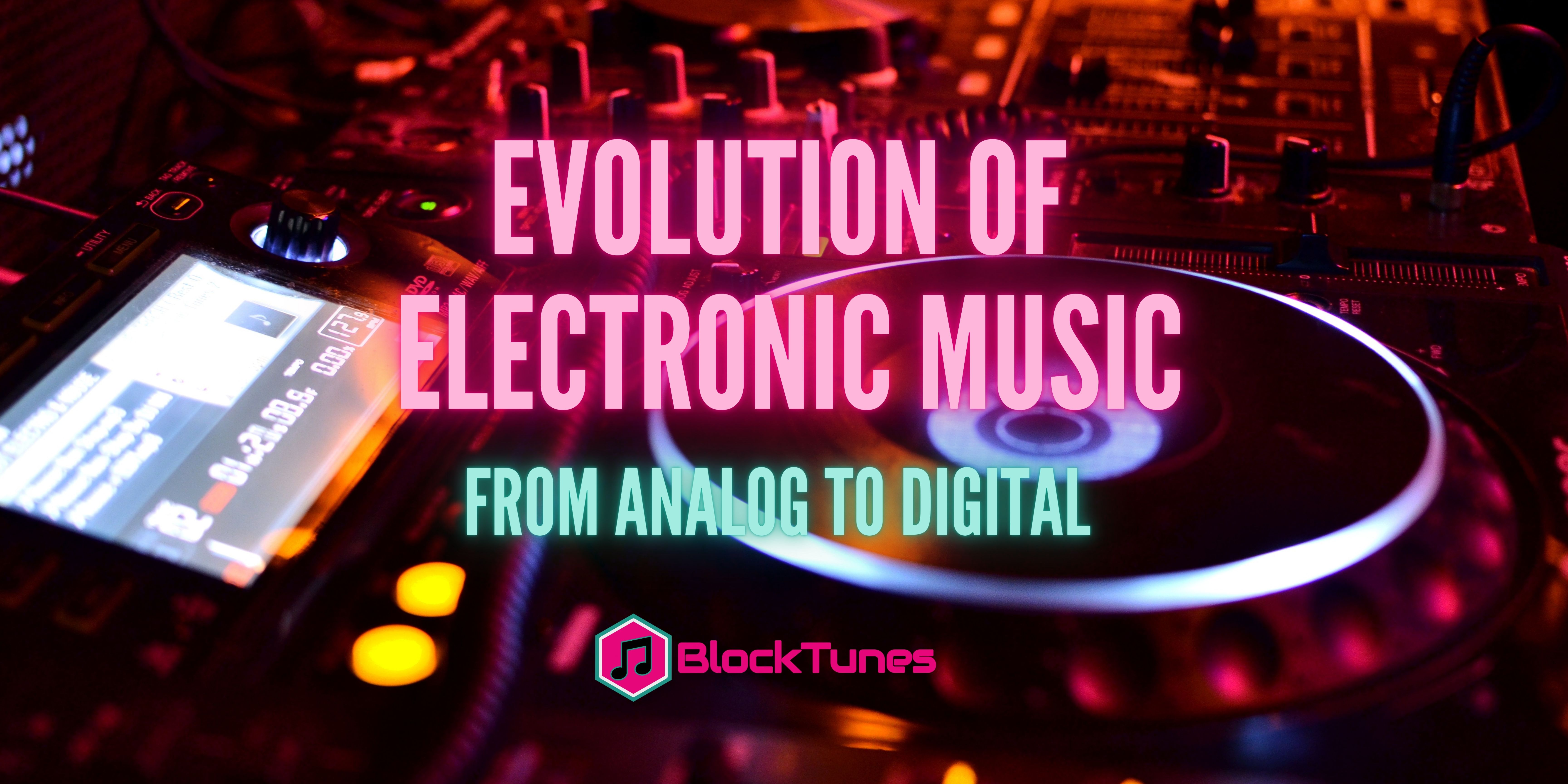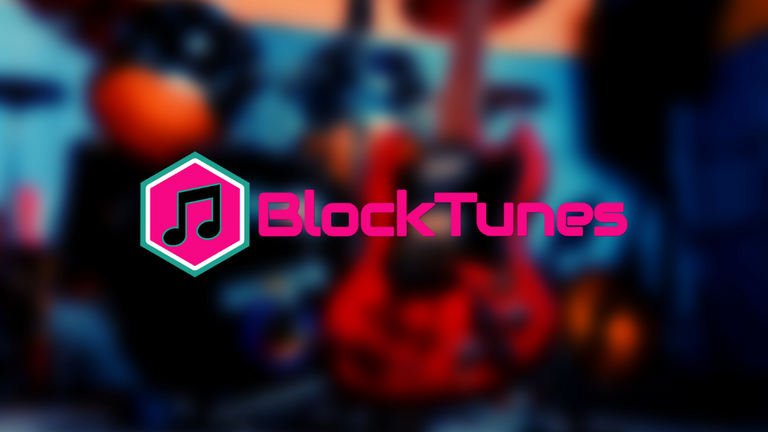
Hey there, fellow music enthusiasts! Today, I want to take you on a journey through the fascinating evolution of electronic music production, a path that I've been navigating since my days as a drum and bass and breakbeat DJ and producer starting in the late 90s through today. We're going to dive deep into the transformation from analog to digital, exploring how technology has shaped the music we love.
The Nostalgic Days of Analog
Back in the late 90s, the music production game was quite different from what we know today. The foundation of electronic music was predominantly built upon analog gear. As a young DJ and producer, I was enticed by the warm, organic sounds that hardware synthesizers, drum machines, and samplers produced. The sheer tactile experience of twisting knobs and fiddling with patch cables was an art in itself.
I would find ways to make my own live production setups that involved many different pieces all tied together using a DJ mixer. Yes, I even had turntables in the mix of it all. My friends and I would have fun creating some crazy sounds. Ah, those were the days!
From Vinyl to Digital Vinyl Systems (DVS)
Vinyl was the lifeblood of the DJ scene, and my record collection along with my Technics 1200's and my mixer were my most prized possessions. We spent hours digging through crates in record stores, searching for those hidden gems. Record shops in themselves created a whole social atmosphere back in the day. Once we found the sounds we wanted, then we would spend hours in our bedroom labs trying to perfect the mixes, the old school way, by sound and math, lol.
Then came Digital Vinyl Systems (DVS) like Serato and Traktor, which revolutionized the DJ world. Suddenly, I could carry my entire record collection on a laptop, making gigs far more manageable. This also brought in a more visual aspect for DJs because they could see the waveforms of the tracks, analyse for key, and even sync the BPM's making it easy to learn to mix. Basically it has taken the hard work out of DJing. Them came along plug and play DJ controllers that just made the job even easier.
Trust me, those record bags got heavy, especially with 2 or 3 of them in tow. I have earned the right to use the light weight gear, lol, but I still appreciate the original art of DJing. Now-a-days I am playing gigs with an iPad, a small mixer controller, and a portable turntable which is analog so it gives me the best of both worlds. I can fit it all into a backpack and go. Oh how the times have changed.
The Birth of Software Synthesis
In the early 2000s, software synthesis began to gain traction. Virtual Instruments like Reaktor and Massive by Native Instruments allowed producers to emulate the classic analog sounds digitally. While purists were skeptical at first, the convenience and affordability of software synths won many over. Personally, I found myself experimenting with new sounds I couldn't have dreamed of creating with analog gear alone.
Then producers learned to create their own sound plugins for the different instruments like Massive which would have their own presets ready to go. All you had to do was install the plugin and load the sounds of your favorite producers and tweak them to your liking and creative spectrum. Almost making it too easy, which is a whole other issue these days.
MIDI and the Power of Control
The advent of MIDI (Musical Instrument Digital Interface) gave producers newfound control over their hardware and software. My MIDI controller became my best friend, allowing me to express my creativity like never before. Mapping knobs, sliders, and pads to various parameters of my software instruments and effects opened up endless possibilities. There was a time that I didn't have a laptop and had a big desktop that I had built for music production, I would carry that thing around with my controller and a screen and jam using early versions of Ableton Live.
The Game-Changer: Digital Audio Workstations (DAWs)
The real watershed moment in electronic music production was the widespread adoption of Digital Audio Workstations. I remember my first encounter with a DAW, and it felt like stepping into a futuristic world. Software like Ableton Live, FL Studio, and Logic Pro from Apple offered producers comprehensive environments to compose, arrange, and mix their tracks. It was a game-changer, allowing me to experiment, iterate, and collaborate with ease.
I worked my way through learning many of the DAW's and fell in love with Ableton Live. I used it for a long time for live production and even wrote my first album and a couple of singles using it. Then I went to work for Apple and became trained and certified in Logic Pro X. Fun fact, I was the first person certified in the new Logic Pro X version in the state of Florida. Anyway, I started using that for my own productions, and haven't looked back.
Sample Libraries and Sound Design
With the digital shift, sample libraries and sound design tools have become integral. I no longer had to rely solely on vinyl or analog drum machines to create unique sounds. Sample packs and virtual instruments offered a wealth of sonic possibilities that pushed my music to new horizons. The biggest problem with using samples is that you really need to be creative now-a-days. If you are using the same sample packs and sound banks as every other producer out there your music is going to sound just like everyone else's. So get creative when sampling and stand out from the rest of the digital bedroom producers.
The Age of Digital Collaboration
The internet has transformed how musicians collaborate. Whether it's sending stems to a fellow producer across the globe or collaborating in real-time via cloud-based DAWs, the digital era has opened doors to a global community of creators. It's exciting to think that technology has made the world a smaller place for us artists.
It is extremely easy to work with producers all around the world. A great way to find some good collaborators is opening up your music to a remix contest and put the stems out there for people to work with and let them remix. The winner could get a spot on your release and then you have also made a new collaborative contact in the music world!
The Analog Renaissance
In recent years, we've seen a resurgence of interest in analog gear. Many producers are rediscovering the charm and warmth of vintage synths and drum machines. It's a beautiful fusion of the best of both worlds, as we incorporate analog elements into our digital workflows.
I have even been seeing a big increase in the vinyl world as well. Records are being sold in stores again, and some old school DJs are coming back with vinyl only sets. This is great because it introduces the new kids to the roots of the rave scene and the things the real pros know!
Conclusion
As I look back at my journey from the late 90s to today, the evolution of electronic music production has been nothing short of extraordinary. The transition from analog to digital has expanded our creative possibilities and connected us in ways we couldn't have imagined. Whether you're a seasoned producer or just starting your musical adventure, embrace the technology, but don't forget to pay homage to the analog roots that laid the foundation for the electronic music we cherish. Let's continue to push the boundaries of what's possible and keep the beats alive!
Thanks for joining me on this musical excursion through time. Until next time, keep those speakers thumping and those ideas flowing!
P.S. If you have your own stories or insights about the evolution of electronic music production, I'd love to hear them. Share your thoughts in the comments!
This article was written by @groove-logic for the BlockTunes web 3.0 music blog! A portion of the rewards go to him and the @blocktunesdao.
Join The Independent Music Revolution
NFT MARKETPLACES | WEB 3 MUSIC SOCIAL MEDIA | WORLDWIDE MUSIC DISTRIBUTION
BUILT USING THE HIVE AND POLYGON BLOCKCHAINS
Follow Our Curation Trail
Follow our curation trail on Hive.vote and rack up some rewards when we vote on awesome music content on the Hive blockchain! If you have some $MUSIC tokens staked in your Hive Engine wallet, then you will participate in the distribution of our awesome community token and earn more that you can use to buy $MUSIC NFTs!
Delegate HP and Earn $MUSIC
Delegate Hive Power to either @blocktunes or the @blocktunesdao and earn 0.05 MUSIC tokens for every 1 Hive Power delegated, plus receive tiered automatic votes and a follow from the @blocktunes account!
Vote our Hive Engine Witness with WORKERBEE
Support by voting for the @blocktunesdao Hive-Engine Witness with WORKERBEE stake at Tribaldex

Posted using BlockTunes